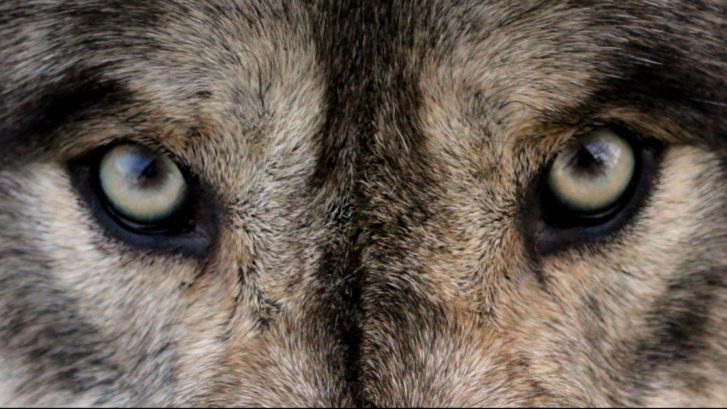There it is, right at the beginning of this Gospel, the perennial human question: what should we do? Very few of us escape that question at some time in our lives. Sometimes it concerns a relatively minor matter; what to wear, or what store to go to. Other times it concerns more serious problems, such as worrying about a child. And sometimes it concerns crucial and life-changing issues, like our relationships and health. Often we are in a dilemma: what should we do? Whom can we turn to? Who will understand? Where can I find an answer? Is there an answer?
In the scripture, Mary is not beyond such dilemmas. There was this vision with its strange message of motherhood to her, a virgin. Then we have Joseph’s dilemma; should I marry her or not? Then we have her parents, what would they think? Mary must have agonized over what she should do.
One thing she did was put on her shawl and trek to see her cousin, Elizabeth because she needed someone to talk to, someone who would understand. She knew that the kind, older Elizabeth would understand and would help her with that big looming question: what should I do?
Then there are others, like the fold and the soldiers in our Gospel. They came to John the Baptist. They were not worried about family or economic matters, they were thinking about more basic matters, such as the state of their souls. They were at a spiritual crossroads. They were there because they needed to change their lives, they needed to get out of the box they were in. They heard John and decided maybe he was on to something, maybe it was time: time to get out of their spiritual and emotional rut. So with some trepidation, they ask John, what should we do? They asked with trepidation because they knew that any answer John gave them would cost. There would be some pain, perhaps some separation involved, or a change of heart, repentance, and an alteration of lifestyle. Were they ready for that? Could they, would they, pay the price?
I can think of one person who did. Her name is Dorothy Day, and she was an atheist and activist living with her common-law husband named Forster. They lived on Staten Island. She was having a child by him, and because of this, she began to examine her life. Suddenly, she began to pray.
Dorothy began to read the fifteenth-century spiritual classic, The Imitation of Christ. She decided she wanted to baptize her baby. Not only baptize, but baptize her baby Catholic. A nun who ran a home for unwed mothers asked her, how can you have a baby baptized Catholic and not be one yourself?
Dorothy Day thought and prayed. She was at a crossroads: what should she do? She decided to become a Catholic. She had no idea what the future held, no idea how she would develop her extraordinary love and service for the poor, her extraordinary holy life and all that would come much later.
Her conversion cost her dearly. Her friends abandoned her, but most of all, it cost her the man she loved, the father of her child. Dorothy had found Jesus, and she had to make a decision. The cost was high, but she became an authentic, centered, beautiful person who is now up for canonization.
Most of us are not that dramatic. We are more in line with those ordinary folk who came to John the Baptist. He did not offer them elaborate programs as an answer. He said in effect, take it one day at a time, and start with simple things: whoever has two cloaks, share with someone who has none.
So the Advent question hangs there; what should I do? What should I, must I do to be authentic? To live the life God has called me to live? An old Native American was sharing his wisdom with his grandson. He told the boy that we have two wolves inside us who struggle with each other. One is the wolf of peace, love and kindness. The other is the wolf of fear, greed and hatred. Which wolf will win? The grandson asked his grandfather. The wise man said, whichever one we feed.


